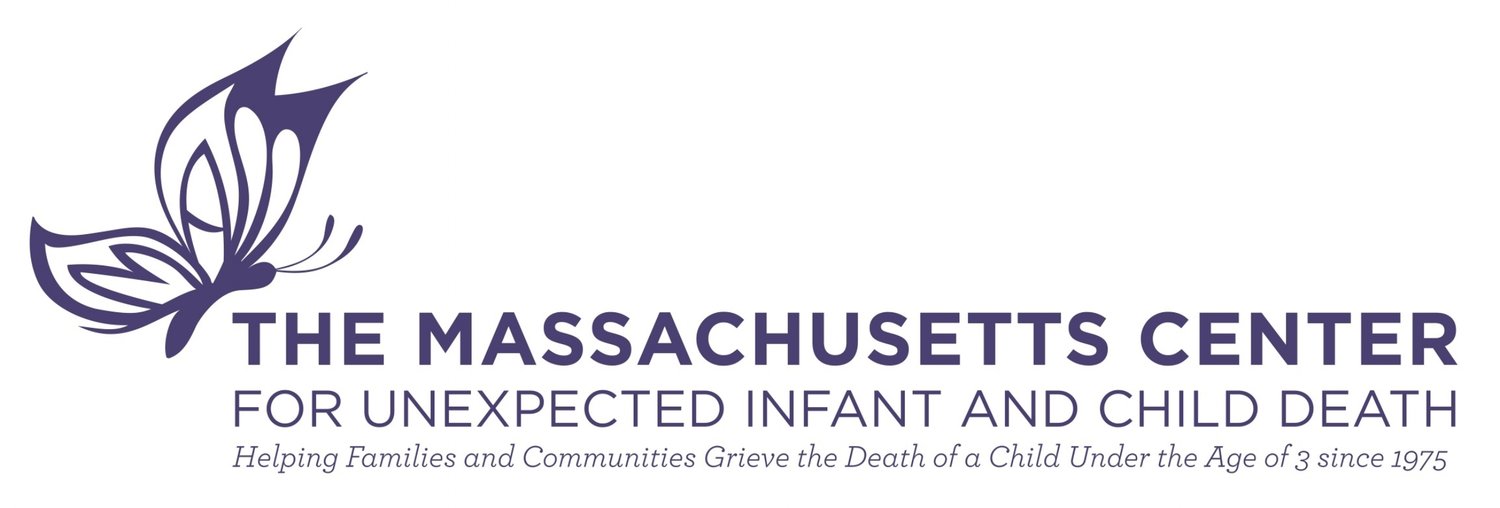Some parents who have lost a child choose to seek out the professional help of a therapist who can help them deal with the pain, confusion, and sorrow that often result from such a devastating loss. However, it can be hard to know where to begin when searching for a therapist.
Below are some organizations that assist individuals in finding a suitable therapist. A good therapist can be a social worker, licensed mental health counselor, psychologist, family counselor, and others. While we do not endorse any specific therapist, we at the Center can also help you find options that match your criteria. Examples of some criteria that you might want to consider are:
Do you think you’d feel more comfortable with a man or a woman? Or does it not matter
Would you rather work with someone who is older, younger, or around your age?
Is it important to you if the therapist has a particular religious affiliation?
Resources For Finding a Therapist
Calling a Therapist
After you receive the names of some therapists who might be a good match for you, you will want to call one or more of those therapists. During that call, it is important that you tell the therapist the reason that you are calling, and to have a brief initial consultation before you move forward and schedule an appointment. Some things that you may want to ask are:
Does the therapist take your particular insurance? Therapy can be expensive so it is important to know from the beginning how much each session is going to cost you. If the therapist does take your insurance, you may also want to ask what your "co-pay" would be. If you are having trouble affording therapy, you can ask if the therapist has a "sliding scale." This means that the therapist has different prices depending on a client's income.
How much experience does the therapist have treating parents who have lost a child?
How does the therapist typically approach griefwork with clients?
After the Call
Moving forward with a therapist is an important decision. No matter who the therapist, it can take time with all people to build a trusting, open, supportive relationship. That said, there are some crucial things to consider before making that decision:
Did it seem like you could trust this person?
Did this person ask good questions?
Did the therapist seem knowledgeable and competent regarding the issues around the loss of a child?
Did you feel understood?
Did the therapist seem supportive and empathetic to your situation?
If you didn’t feel good about the experience overall, you may wish to talk to other therapists until you do. Of course, this can feel like an overwhelming task when you are suffering, but you want to be sure you find the right person for you.
What to Expect When You Meet with the Counselor
The therapist will introduce themselves and briefly explain their approach to counseling
The therapist will ask what brings you to see them, and what outcome you would like to get from therapy
The therapist will answer any questions that you may have
From there you may be asked about the problems or symptoms you are experiencing. The therapist may ask:
questions about your childhood, your medical history, your family, and any history of past mental health treatment
if there are ways you have tried to cope with your suffering and if any have proved helpful. Many therapists will ask about your loss and how you have been impacted (including what your life was like before the loss of your child)
Once you start talking, it is likely that the therapist will ask several more questions. Questions usually start out in a fairly general manner and then get more detailed as the sessions move forward. This is because the more the therapist knows about you and your situation, the more he or she can help you. Of course, if you don’t want to answer a question or it feels uncomfortable, it will be important to say so.
Finally, while there is a lot to think about so you receive the best help you can get, remember that the most important factor in having a successful experience is to find a therapist with whom you feel comfortable.
